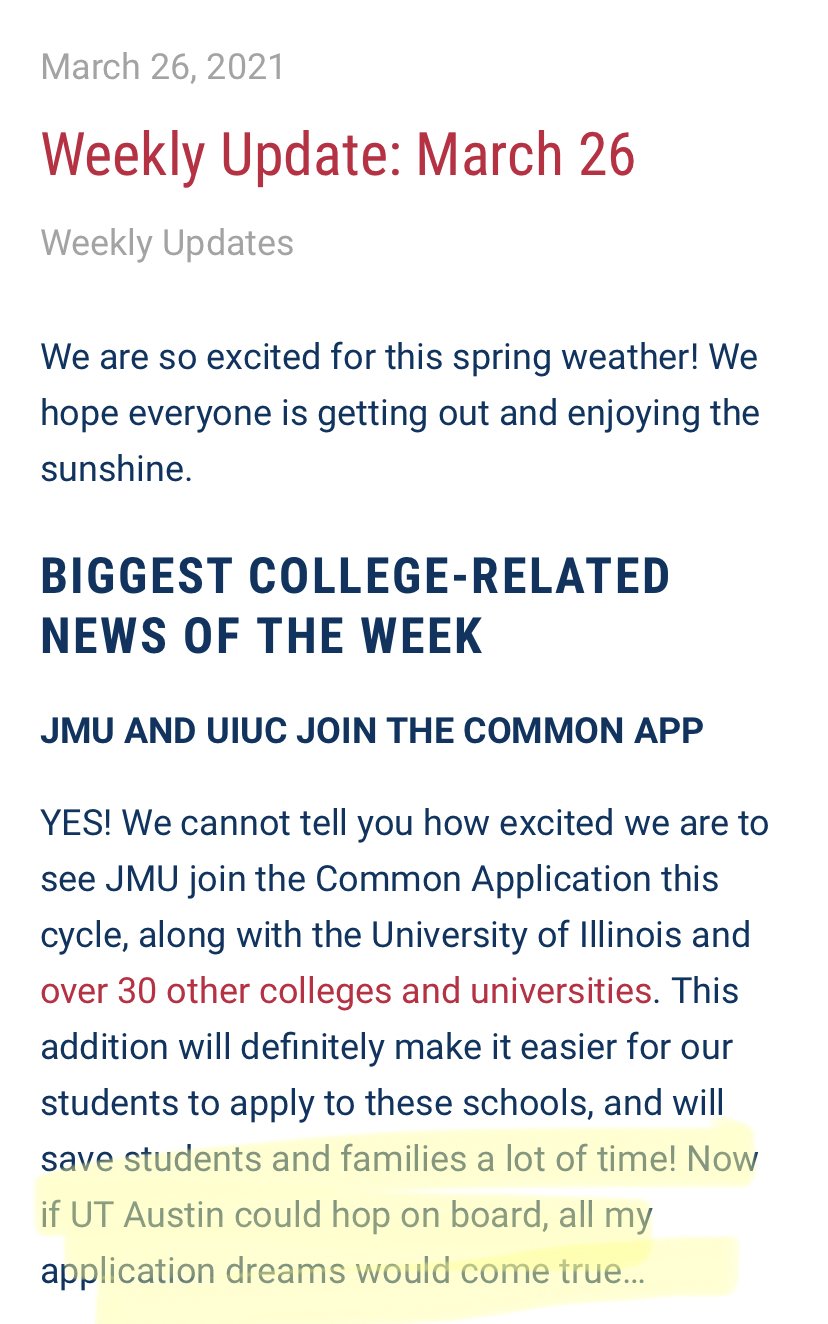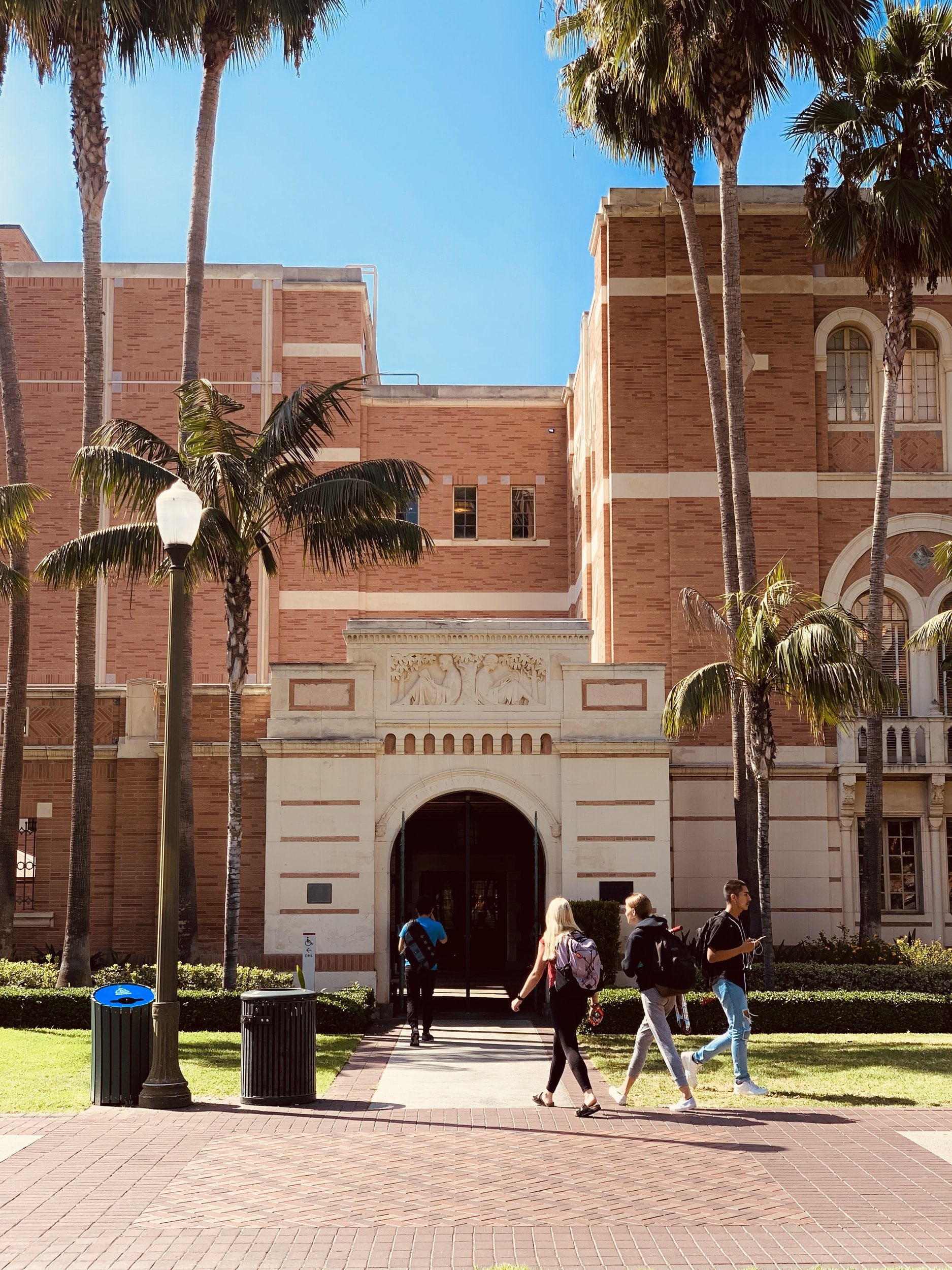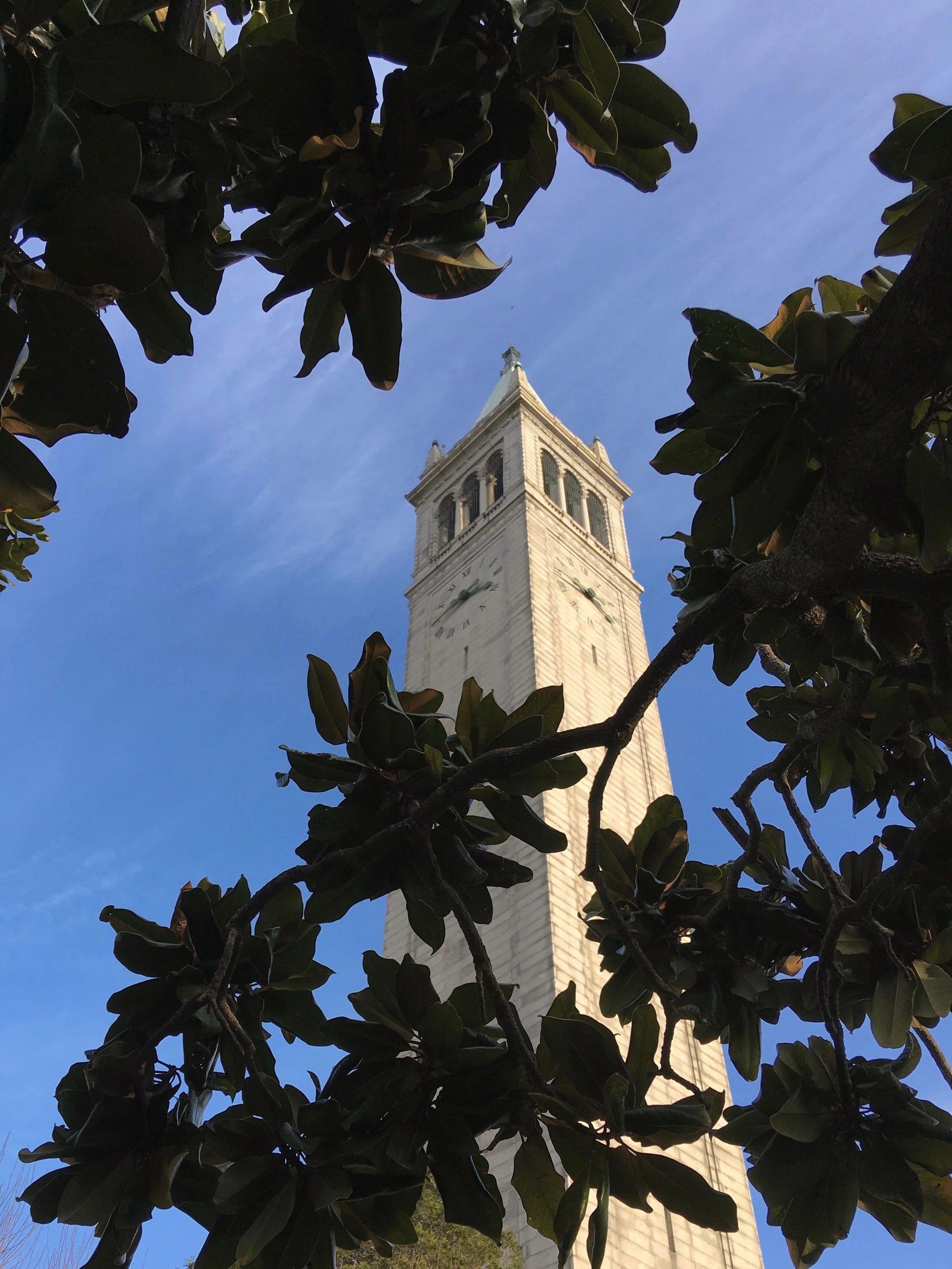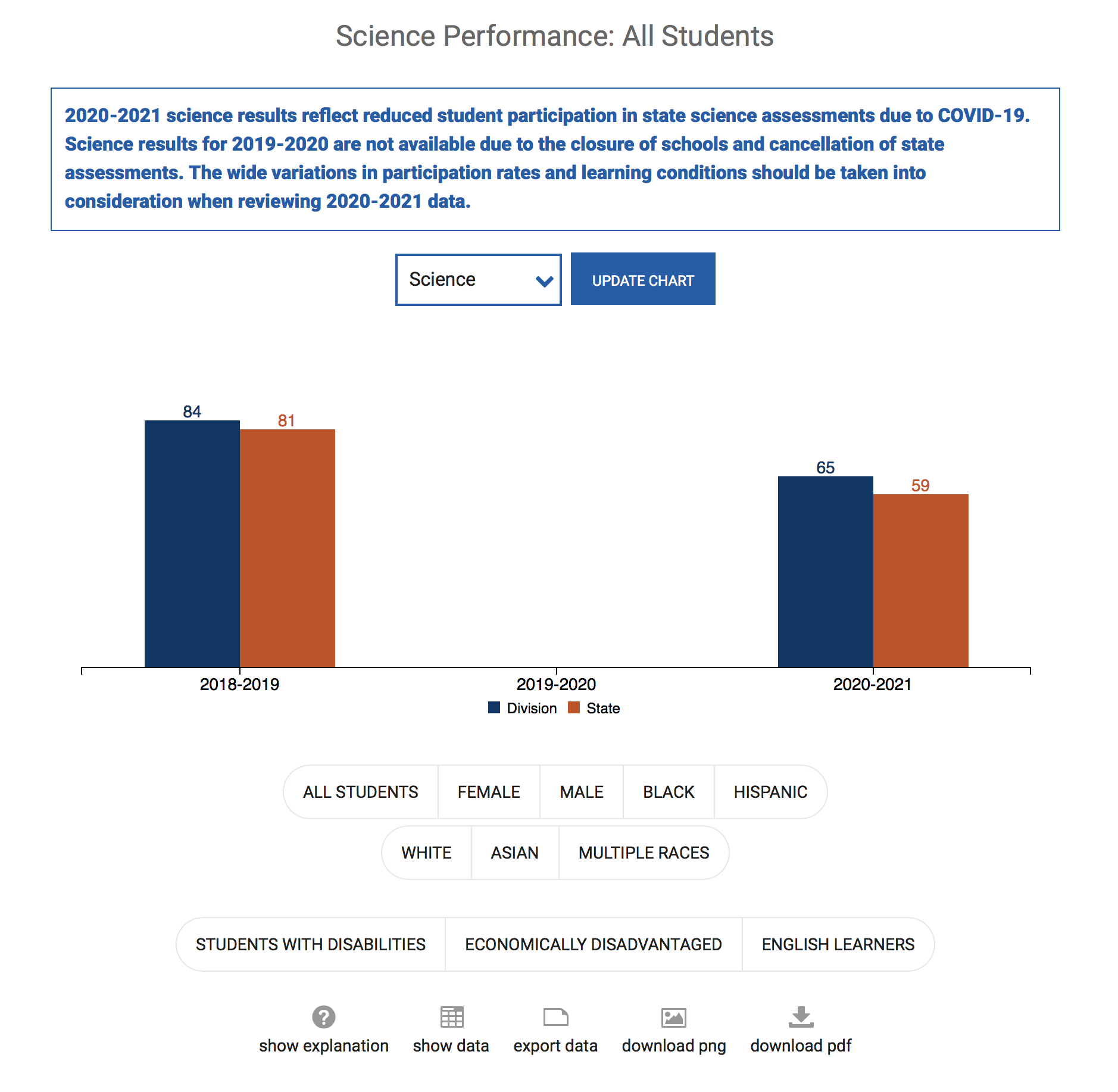BIGGEST COLLEGE-RELATED NEWS OF THE WEEK
UW WILL ACCEPT THE COMMON APP
So new we don’t even have a link - but the Washington State flagship UW-Seattle, one of the last Common App holdouts, will now accept the Common Application for the upcoming admissions cycle. Yay! Come on, Rutgers - time to get on the bandwagon!
STUDENTS WANT COLLEGES TO PROVIDE THE ABORTION PILL
While college health centers have long provided a variety of reproductive care for students, including birth control and STD screenings, they do not typically provide abortion care. Some colleges are responding to student demands to provide the abortion pill - UMass Amherst will begin to provide it in the fall, and California law requires all UC schools to provide medication abortion by January 2023 (some, like Berkeley, already do).
But many public and private universities, especially those with strict or changing abortion laws, may not be able to legally provide this to students. Colleges also cite security and privacy concerns around providing these services on campus.
COLLEGE TAKEOVERS INCREASE
The pandemic has seen a number of colleges go out of business, and several of these struggling schools have merged with larger universities. Northeastern, which put together a special M&A team to handle acquisitions, has absorbed Mills College, a Silicon Valley women’s college that went under during COVID-19. Northeastern hopes the opportunity to study in Silicon Valley will better prepare its students for future careers in the tech industry. This is just the latest of 95 college mergers in the last four years - more than in the previous 18 years combined.
STUDENTS WORK TOWARD HERBICIDE-FREE CAMPUSES
In response to growing climate anxiety and powerlessness on college campuses, some students have turned to areas where they can make a difference - like stopping the use of toxic pesticides on school grounds. Toxic chemicals are often used at universities to keep up the picturesque green quad and vibrant landscaping, but the organization Herbicide-Free Campus is working to end that practice.
The organization now has chapters at Brandeis, Emory, Indiana, and Berkeley, among others. Students who belong to HFC spend time working on their campus grounds, pulling weeds alongside the campus grounds team.
Some schools, like Harvard, have already transitioned to fully organic lawn care - a practice that HFC says has reduced irrigation needs by 30%. HFC hopes to see every campus go organic by 2030.
WANT TO STUDY HARRY STYLES?
Starting in Spring 2023, Honors College students at Texas State will be able to do just that, in a course titled “Harry Styles and the Cult of Celebrity.” Students will study both Styles’ solo albums and the albums of One Direction in a contemporary history class that explores gender, sexuality, fandom, the internet, and consumerism, among other themes.
BEST ARTICLES OF THE WEEK
If you watch movies or read the newspaper, it may seem like an athletic scholarship is the key to a full ride to college. Pop culture is rife with examples of students beating the odds and heading happily off to their dream school, which their parents could never afford without the coveted football scholarship. But only one in 100 top high school athletes actually receive a full ride, and the process of competing for one can often be nearly as expensive as in-state tuition! If you’re considering spending money on camps, equipment, or recruiting services, check out this article first - you may be tempted to put the money into a 529 account instead.
In expectation that the current Supreme Court is likely to end affirmative action in college admissions, check out this opinion piece to learn why this might actually be a good thing. The writer argues that instead of focusing our efforts on admitting students to colleges when they may not be academically prepared, we should instead help students at younger ages receive the support they need to be successful at elite universities later on.
OFFICE HAPPENINGS
We have so many swim coaches working with us this year and the NVSL season is coming to an end this weekend - good luck, everybody!
A few cool things to share this week:
If you’re a class of 2022 student gearing up for your freshman year, check out this free webinar - illustrating how to build the habits that will help you transition into college life. The event - Tiny Habits for College Success - takes place next Wednesday 7/27 at 2:00 pm ET. The event is also open to parents with current or future college students in their lives :)
If you’re younger and/or will be in DC next year, have you heard of the Kennedy Center’s MyTix program? I just learned about it this year. Students from kindergarten through I believe graduate school are able to purchase two deeply discounted tickets to lots of performances- one for the student and one for a companion of their choice (parent, etc). They sent out an email this morning about the “MyTix Mix” subscription package for next year- it’s such a great deal if you enjoy the arts, and some of the seats are surprisingly decent! Tickets range from $15-$35 per show. If you don’t want to commit, sign up for MyTix emails anyway and you’ll get new offers every Monday morning for individual shows.
Have a great weekend! I’m out of the office next week, but Shannon will be back and holding down the fort.






























































